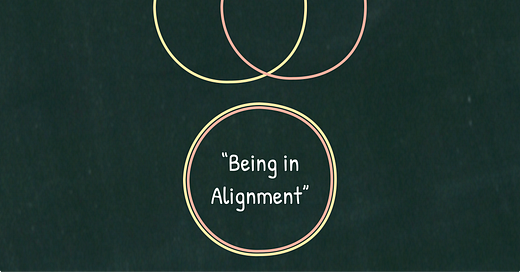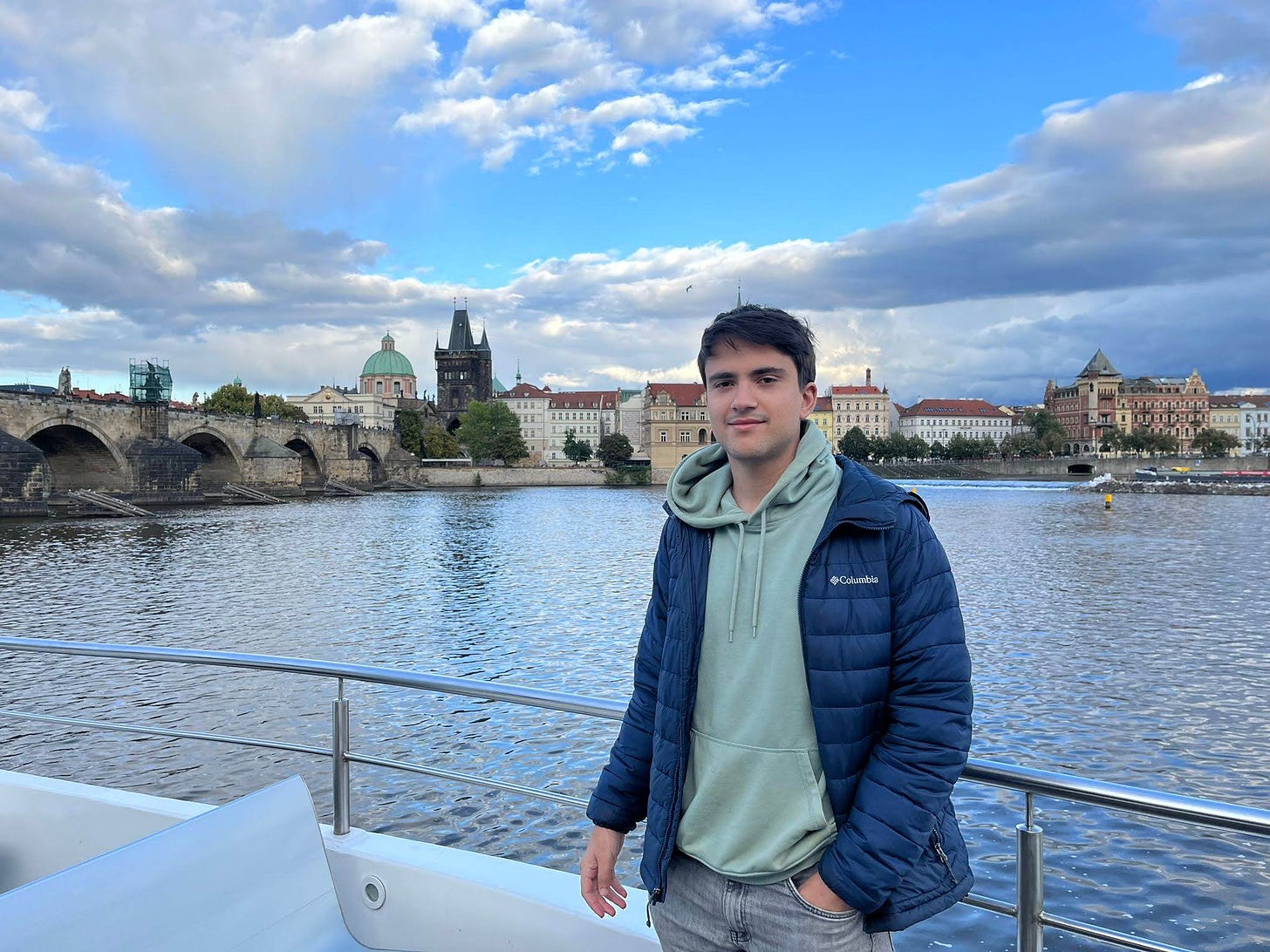Key Life Insight from a Book Recommended by Naval Ravikant
Nugget by Robert Pirsig (from Naval Ravikant)
Hey friend!
Today I bring you key insight for life, which I discovered in a book that Naval Ravikant mentioned in one of his latest interviews this year (here’s the exact timestamp in the interview). I remember that Mohnish Pabrai also recommended this book, so of course with these 2 invaluable references I went ahead and bought the book!
I was just skimming through the most popular highlights on the Kindle book, and found a brilliant insight, which was definitely my nugget highlight of the last 2 weeks.
I also complemented it with a passage from Mohnish Pabrai and Warren Buffet.
👤 Doers
💡Nugget
🟠 Robert Pirsig:
To the untrained eye ego-climbing and selfless climbing may appear identical.
Both kinds of climbers place one foot in front of the other. Both breathe in and out at the same rate. Both stop when tired. Both go forward when rested.
But what a difference!
The ego-climber is like an instrument that’s out of adjustment. He puts his foot down an instant too soon or too late. He’s likely to miss a beautiful passage of sunlight through the trees. He goes on when the sloppiness of his step shows he’s tired. He rests at odd times. He looks up the trail trying to see what’s ahead even when he knows what’s ahead because he just looked a second before. He goes too fast or too slow for the conditions and when he talks his talk is forever about somewhere else, something else. He’s here but he’s not here. He rejects the here, is unhappy with it, wants to be farther up the trail but when he gets there will be just as unhappy because then it will be “here.”
What he’s looking for, what he wants, is all around him, but he doesn’t want that because it is all around him. Every step’s an effort, both physically and spiritually, because he imagines his goal to be external and distant.
…
Mountains should be climbed with as little effort as possible and without desire.
The reality of your own nature should determine the speed. If you become restless, speed up. If you become winded, slow down. You climb the mountain in an equilibrium between restlessness and exhaustion. Then, when you’re no longer thinking ahead, each footstep isn’t just a means to an end but a unique event in itself. This leaf has jagged edges. This rock looks loose. From this place the snow is less visible, even though closer. These are things you should notice anyway.
To live only for some future goal is shallow. It’s the sides of the mountain which sustain life, not the top. Here’s where things grow.
But of course, without the top you can’t have any sides. It’s the top that defines the sides. So on we go . . . we have a long way . . . no hurry . . . just one step after the next . . . with a little Chautauqua for entertainment. . . . Mental reflection is so much more interesting than TV it’s a shame more people don’t switch over to it. They probably think what they hear is unimportant but it never is.
👉 From the book - Zen and The Art Of Motorcycle Maintenance
🟠 Mohnish Pabrai:
If you get an incongruence between who you are internally and who you are [in terms of action] externally, you will not go far in life.
[So] You have to get things in perfect alignment, where your internal wiring is exactly the way you are externally.
👉 From the video → Lecture at Boston College (2016)
🟠 Warren Buffet:
The big question about how people behave is whether they’ve got an Inner Scorecard or an Outer Scorecard. It helps if you can be satisfied with an Inner Scorecard. I always pose it this way. I say: ‘Lookit. Would you rather be the world’s greatest lover, but have everyone think you’re the world’s worst lover? Or would you rather be the world’s worst lover but have everyone think you’re the world’s greatest lover?
👉 From the book - The Snowball
💥 Stuff I Loved
The Network State livestream:
https://www.youtube.com/live/OWEGg-ZTtSE?si=3Aka3p0gj-eRC6Jw
Lately I’ve been obsessed with a new Podcast I found: Philosophize This!
The series he did on the philosophy of Emil Cioran were some of my favorite ones! (but also the ones he did on Ralph Waldo Emerson, Montaigne and Boethius)
📁 All insights in this letter are saved and classified in a searchable Database, which (as of September 2024) contains more than 2,000 timeless insights (sourced directly from the most influential people in the world)
I call it the “Doers Notebook” and I’ve recently opened it for anyone who wants it.
🤔 Why did I build this?
Well, as the Latin motto goes, “A chief part of learning is simply knowing where you can find a thing.” And since it’s all 🔎 searchable, we only need to type a keyword to immediately get a list of insights related to it!
For instance, if I’m unsure about how to get more sales in my business, I can simply type the word “sales” and immediately get 88 search results! In this case from Jim Edwards, Peter Thiel, Naval Ravikant, Paul Graham, Sam Altman, Balaji Srinivasan, Nassim Taleb, and many other remarkable individuals!
It’s like having a 🧠 second brain from which we can pull wisdom on demand.
And this is extremely valuable because it can significantly decrease the error rate in our judgment.
“In an age of infinite leverage [code and media], judgment is the most important skill.”
- Naval Ravikant
I actually made a video where I go through the list of insights i got for the keywords “sales” and “creative”.
So, if you wanna get better at sales or learn to be more creative (and also see all the features of the database and how you can get access) then definitely check out the video 👇
I hope you enjoyed today’s edition!
Happy Friday (likely Saturday by now) ;)
Julio xx














I just scrolled down up to your first post. So nice so see how far you’ve come in formatting, writing and sharing your nuggets! Thank you for this insightful little corner of the internet :)